Significance
The focus around this concept is on recognizing why a person of event is of importance. Children are encouraged to evaluate the relevance of the contribution of different individuals or how an event came to affect future generations. Children can apply a number of criteria to evaluate significance such as those of Partington (1980) who suggested they consider: Read more
Sort by:
Date (Newest first) | Title A-Z
Show:
All |
Articles |
Podcasts |
Multipage Articles
-

Ancient Sumer
ArticleClick to view -

Early Islamic civilisation
ArticleClick to view -

Assessment and Progression without levels
ArticleClick to view -

Viking and Anglo-Saxon struggle for the kingdom of England
ArticleClick to view -
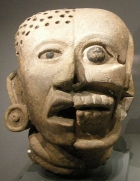
The Maya: a 4,000-year-old civilisation in the Americas
ArticleClick to view -

Investigating the Indus Valley (2600-1900 B.C.)
ArticleClick to view -
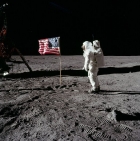
Implementing the 2014 curriculum in Year 2
ArticleClick to view -

Using the back cover image: Sandbach Crosses - an Anglo-Saxon market cross
ArticleClick to view -
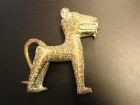
Eweka's story: Benin and Big Picture History
ArticleClick to view -
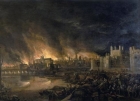
The Great Fire of London and the National Curriculum
ArticleClick to view -

Teaching famous people at key stage one
ArticleClick to view -

An Olympic Great? Dorando Pietri
ArticleClick to view -

From Champion to Hero: Engaging Pupils in a study of significant Olympians
ArticleClick to view -

Primary History and planning for teaching the Olympics - four curricular models
ArticleClick to view -

William Brookes and the Olympic Games
ArticleClick to view -

Learning to engage with documents through role play
ArticleClick to view -

Doing history in the early years and foundation stage
ArticleClick to view -

Using classic fiction to support the study of childhood in Victorian times
ArticleClick to view -
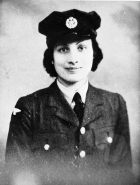
Cross Curricular Project on a famous person
ArticleClick to view -

Addressing the issues of knowledge, skills and understanding
ArticleClick to view

